Verizon's median 5G download speeds go from first to worst among U.S. majors

PhoneArena has exclusively learned that T-Mobile's analysis of 5G download data speeds collected by research firm Ookla, shows that Verizon's median 5G download speeds plunged drastically following the launch of its Nationwide 5G service last month. For most of this year, Verizon did have the fastest median 5G download speed peaking at approximately 1Gbps. However, comparing this figure to the other two major U.S. carriers was like comparing apples to oranges since T-Mobile and AT&T's median 5G download speeds included the figures from their low-band 5G signals; Verizon didn't have low-band 5G until last month and once Ookla included this figure in the calculations, Verizon's median number dropped to 60.6Mbps. AT&T is the current leader with median 5G data speeds of 76Mbps with T-Mobile next at 64.2Mbps.
Verizon's median 5G download data speeds come crashing down
But T-Mobile's 5G layer cake plan has analysts expecting the carrier to eventually offer the fastest 5G signals in the industry thanks to the inclusion of the mid-band spectrum that it acquired in the Sprint acquisition. Let's take a step back to explain the differences between 5G signals. High-band 5G spectrum does not travel far, does not penetrate structures well, but does deliver the fastest 5G data speeds. Low-band spectrum does travel long distances, has no trouble penetrating structures, but does not offer the fastest 5G data speeds. Mid-band spectrum has capabilities between low and high-band airwaves. The acquisition of Sprint by T-Mobile was all about the latter getting its hands on Sprint's hoard of 2.5GHz mid-band spectrum. Because mid-band spectrum is hard to obtain in the U.S., T-Mobile has an advantage over its rivals. By the end of the year, the carrier's mid-band signal could reach 100 million POPs (points of presence).
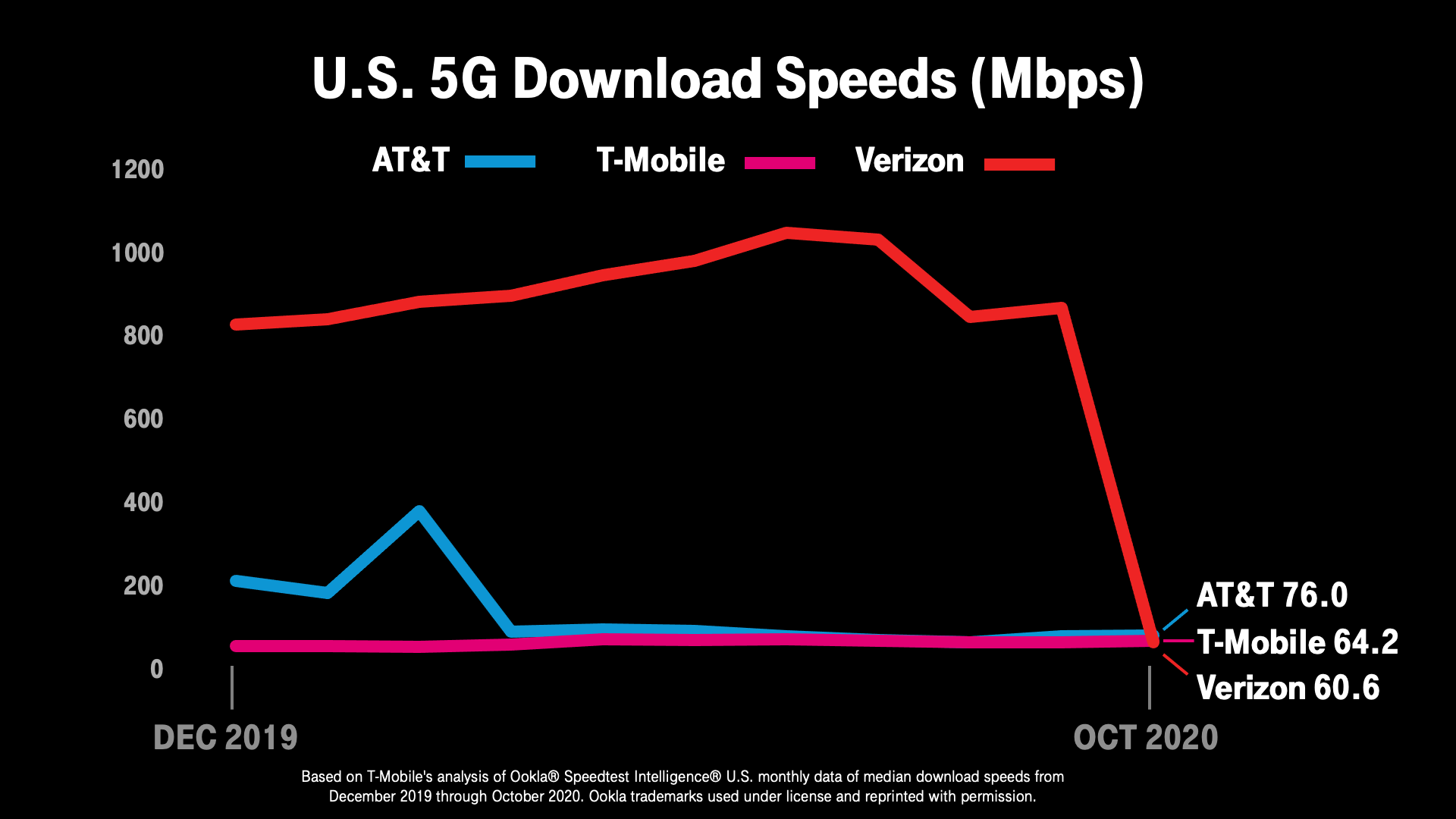
Verizon's median 5G download data speeds drops to dead last among the three major U.S. carriers
The fact that Verizon's 5G download data speed has crashed down to Earth has plenty to do with how Big Red decided to focus on its mmWave high band spectrum when it first started building its 5G network. The limited distance that Verizon's Ultra Wideband covers and its lack of mid-band spectrum meant two things: Verizon would be last to offer nationwide coverage, and it would have the early lead in 5G download data speed. T-Mobile, on the other hand, was the first to announce nationwide 5G in the U.S. thanks to its 600MHz low-band spectrum. This became the first layer in T-Mobile's 5G triple-layer cake plan. On the bottom of the cake is the low-band airwaves that run coast-to-coast. The second layer contains the mid-band spectrum that has been called "the sweet spot" of 5G. The very top of the cake features the high-band mmWave airwaves that are perfect for dense urban areas thanks to the limited distances that they travel.
Earlier this year, an analyst from Omdia named Daryl Schoolar said that if there was enough mid-band spectrum to go around, all carriers in the U.S. would be using it. He stated, "I believe if operators could in the U.S., they would all be doing mid-band first. Millimeter wave is the icing on the cake. It’s not what you really should be leading with. The only reason why you see it so much here is those operators don’t have any choice."
Since mid-band signals are hard to find, you might be wondering how Verizon was able to switch on its Nationwide 5G. It was done using "Dynamic Spectrum Sharing (DSS)." With DSS, Verizon's 4G LTE and 5G run alongside each other on the same band. When a 5G Ultra Wideband customer moves outside of the service area, he is connected to lower band 5G using DSS. T-Mobile, on the other hand, was the first to launch a commercial standalone 5G network back in August. With standalone 5G, the next generation of wireless connectivity is delivered without using and part of an existing 4G network. Standalone 5G provides "faster speeds, lower latency and massive connectivity."
Follow us on Google News

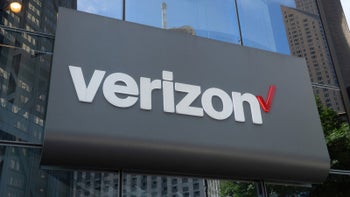

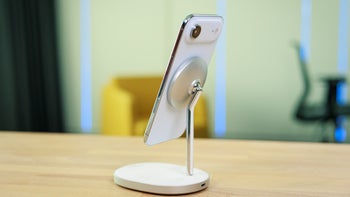
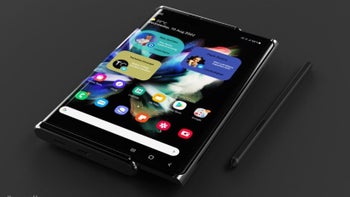
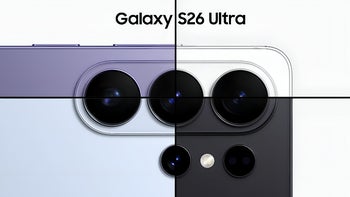

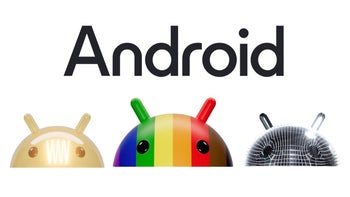
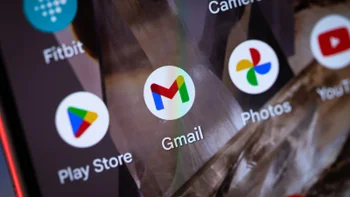
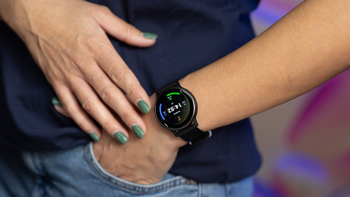


Things that are NOT allowed:
To help keep our community safe and free from spam, we apply temporary limits to newly created accounts: